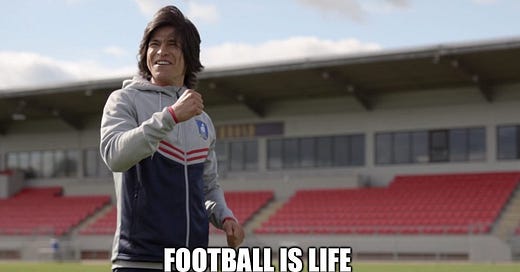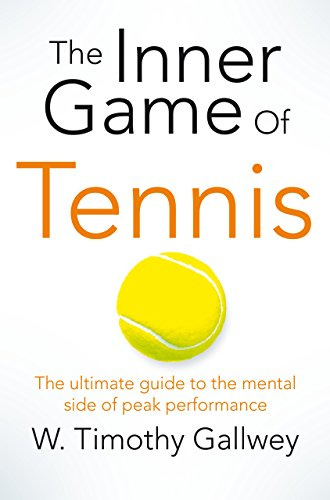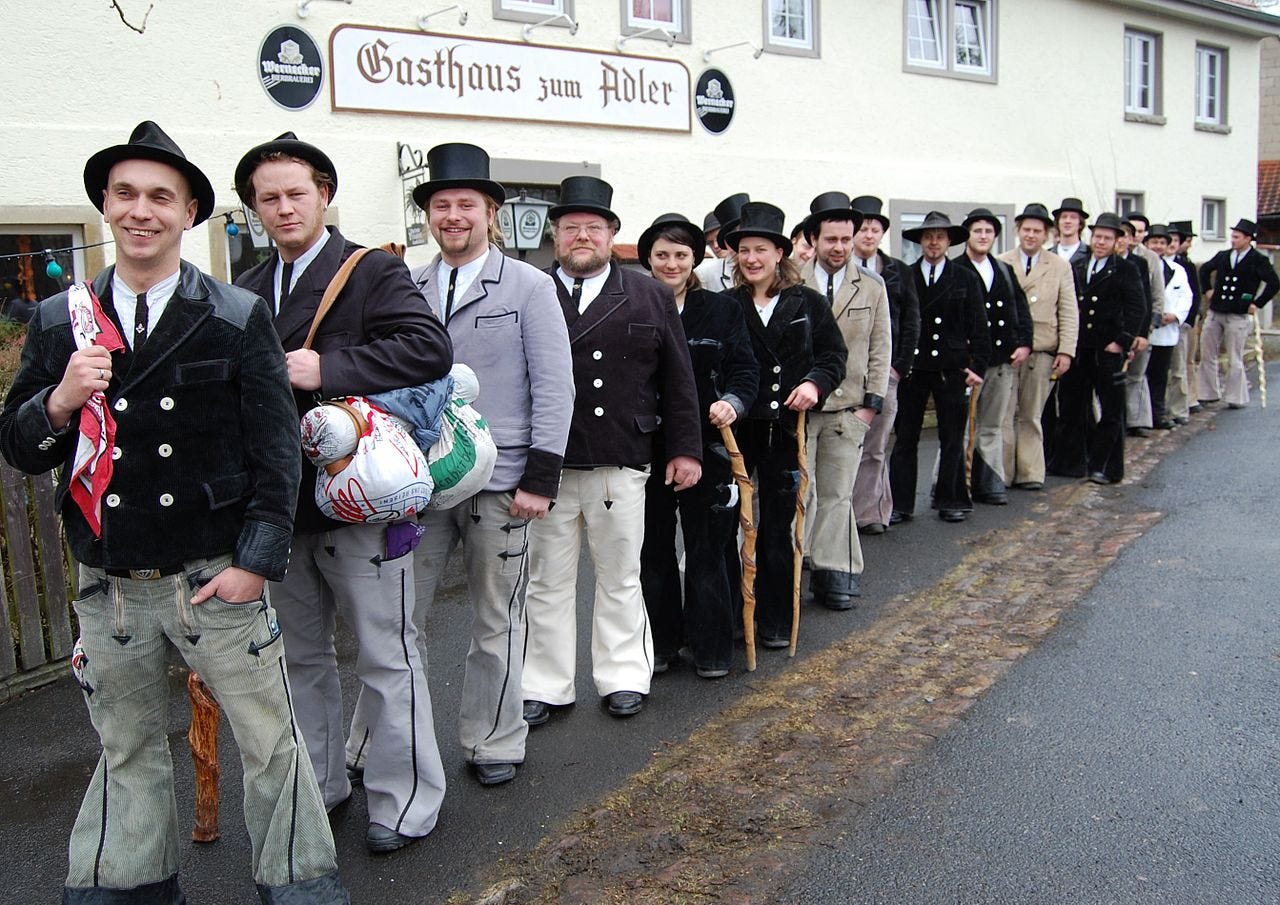Minds of the Market
"The game that takes place in the mind of the player. It is played to overcome all habits of mind which inhibit excellence in performance...To uncover and explore the potential within the human body."
Hello everyone,
Some of you may have noticed that I changed the name of the substack. It’s still me, Frederik ‘Neckar’ (based on a Biergarten in my hometown). The name Insecurity Analysis was based on a Soros quip that he did not consider himself a securities analyst but rather “an insecurity analyst.” Unfortunately, it did not tell my readers much about what to expect.
My writing has been driven by a deep curiosity about people who solve puzzles, take risks, and go up against the market; who navigate cycles and complex adaptive systems, think in odds, study the other players at the table, show passion for their craft, and bet on themselves. I enjoy studying their minds, methods, and stories. I find their journeys fascinating and instructive - often inspirational, sometimes littered with warning signs. Sometimes the lesson is to model their behavior, sometimes it is to invert.
I spent a lot of time wrestling with the question of who to study and why. Why study a broad range of risk takers and not just one area? I believe many lessons and ideas are transferable across domains that can be characterized as games, particularly as it relates to the inner game.
In Ted Lasso, a show about a struggling English soccer club and its namesake American coach, there is a scene in which a Mexican player arrives at team’s training grounds. His brief appearance (he gets injured almost immediately) includes and excited shout: “Football is life!”
An immediate takeaway from this character (really the entire show) is that positivity is infectious. Genuine enthusiasm for the game and the team is a force of nature that is difficult to resist and can win over even the grumpiest among us. It’s just more fun. This is one reason why interviews with people like Druckenmiller, Tepper, Thorp, and Buffett can be a pleasure to read even if little new information is revealed: their deep curiosity and passion are immediately apparent. They play for intrinsic reasons.
The second takeaway is that he is right: Football is life and life is football. Or rather: games are life and life can be viewed as a game (not in the sense that it is unserious although sometimes it helps to take that stance). I rarely watch sports but I can find valuable lessons in sports documentaries such as HBO’s series on the Chicago Bulls/Michael Jordan. Kyle Harrison hit the nail on its head when he wrote that sports offer “the story. The story of hard work and difficult odds. Anyone can resonate with that.”
For example, check out this breakdown of how Moneyball is really a movie about trading.
Many key lessons relate to the inner game, a concept that I found best articulated in the introduction to The Inner Game of Tennis:
“Every game is composed of two parts, an outer game and an inner game. The outer game is played against an external opponent to overcome external obstacles, and to reach an external goal.”
The inner game: “is the game that takes place in the mind of the player, and it is played against such obstacles as lapses in concentration, nervousness, self-doubt and self-condemnation. In short, it is played to overcome all habits of mind which inhibit excellence in performance.”
“To uncover and explore the potential within the human body is the quest of the Inner Game; in this book it will be explored through the medium of tennis.”
Notice that tennis is merely the medium. The lessons and importance of the inner game are universal in the human pursuit of excellence.
I believe many successful investors recognize this and study excellence across disciplines. Bill Miller learns from professional gamblers and sports coaches. Michael Mauboussin pointed out valuable lessons in Druckenmiller’s talk at Sohn even though Druckenmiller is far from the long-term fundamental investing that Mauboussin teaches. Josh Wolfe talked about this:
“I’ve read every bio and every article that I could [find] about the early venture investors. So many of these lessons are basically irrelevant because you have this path dependency. There’s an idiosyncratic moment.”
He rightly points out that path dependency makes it challenging to disentangle skill and luck in venture and the specific reason for success may not be a valuable lesson. However, he nevertheless read every biography and profile he could find. He stepped into every workshop he could find to see what he could learn from the local master craftsman.
Germany had a tradition called the Wanderjahre (journeyman years) which dictated that a craftsman, a carpenter for example, following their apprenticeship traveled the world to practice and perfect their craft under a variety of masters.
I love that idea. How many of us get a chance to do that? When I left banking to join a family office I started working under a portfolio manager whose process was not rigorous. Unfortunately, that had a big impact on me. How many of us would benefit from rotating through projects with a variety of experienced players to observe their methods and pick up ideas? It would provide us with a baseline from which to judge the process and allow us to observe flaws and find potential improvements.
I also like the metaphor because it reinforces framing one’s work as a craft to be honed, not merely a business, product, or stream of cash flows.
As Mauboussin wrote in a recent piece on Feedback, “the temptation is to play constantly” (‘play’ meaning work as opposed to practice). “But evidence in other fields suggests that allocating some time to practice, assuming the possibility of skill transfer, may lead to improved outcomes.”
Studying others’ inner and outer journeys allows us to briefly step into an abstraction of their workshops. What are their process and philosophy, and why? To what extent was their approach shaped by their personality, their environment, path dependency, or ideas they picked up in other domains?
We have to be careful in deriving lessons. Key ingredients to outsize success can be deliberately obscured. And this is not a substitute for doing the work, for practice, or for real mentorship. But I believe it’s a question worth asking continuously: how did they get so successful? What can we learn - and should we seek to model their life?







The greatest football manager ever famously said: "Some people believe football is a matter of life and death. I am very disappointed with that attitude. I can assure you it is much, much more important than that."
Fantastic read Frederik, reminds me of one of Arsene Wenger's famous quotes. “When you look at people who are successful, you will find that they aren’t the people who are motivated, but have consistency in their motivation.”